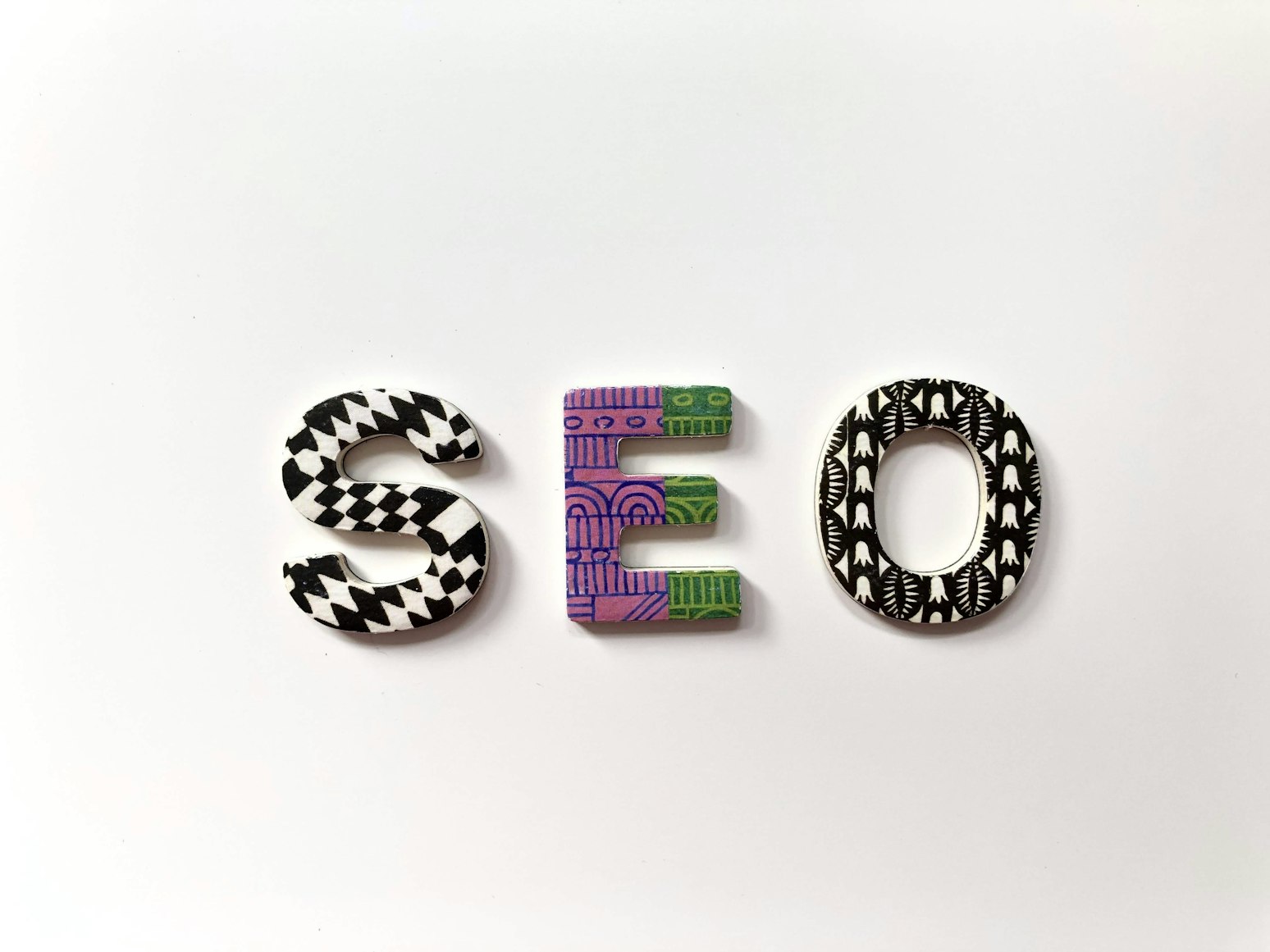A Friendly Guide of SEO for Beginners
Table of Contents
Introduction
Good day! You’ve come to the correct place if you’re new to the field of search engine optimization (SEO) and want to get the lay of the land. Making your website more visible in search engine results will increase the amount of organic traffic that it receives. In this friendly guide, we’ll chat about the basics of SEO, including keyword research, on-page optimization, and link building. Let’s start now!
By Merakist on Unsplash
1. Keyword Research
Let’s talk about keyword research first things foremost. Finding the ideal search phrases that your target audience uses when looking for information or products in your industry is key. Making use of these keywords will help visitors find your material more readily.
To find keywords, follow these steps:
-
Make a list of pertinent topics
Consider the topics or themes related to your business or industry. -
Create a list of potential keywords
Choose a few key terms that best describe each subject and use them as the foundation of your research. -
Use keyword research tools to find term variations, search traffic, and competition. Examples of such tools include Google Keyword Planner, Moz term Explorer, and SEMrush.
-
Research your competition to identify prospective business prospects by finding out which keywords they are using.
-
Select your keywords carefully:
To increase your chances of ranking, choose keywords with a good blend of high search volume and low competition.
2. On-Page Optimization
The goal of on-page SEO is to improve each web page’s performance so that it ranks higher in search results. Working on both the content and HTML source code is required. The main components of on-page SEO are as follows:
-
Title tags should appropriately describe your content and contain your goal keywords.
-
Write catchy meta descriptions that sum up your content and encourage users to click through from search results.
-
Maintain a clear, descriptive, and easy-to-read URL structure that includes your goal keywords.
-
Header tags: Use header tags (H1, H2, and H3) to group your material and indicate to search engines the hierarchy of the content.
-
Use your target keywords subtly throughout your content, without stuffing it.
-
Internal linking: To make it easier for search engines to index your website and to assist users navigate, include links to relevant sites.
-
Image optimization: To speed up page loading, compress your photos and give them informative file names and alt tags.
3. Link Building
Getting other websites to link to yours is the main goal of link building; this increases the authority and trustworthiness of your website. Backlinks of the highest caliber are crucial for search engine rankings. Try these tactics to create a powerful backlink profile.
-
Create share-worthy content
Make excellent, educational, and shareable material that people will want to link to in order to. -
Guest blogging
Submit articles as a guest to reputable websites in your niche with a link back to your website. -
Outreach
Get in touch with bloggers, journalists, or industry influencers and share your content with them for prospective backlinks. -
Social media
Promote your material on social media sites to gain more exposure and spur links to it. -
Finding broken links on relevant websites and offering your material as a replacement is known as “broken link building”.
Conclusion
You can raise your website’s search engine rankings and increase organic traffic by mastering SEO fundamentals including keyword research, on-page optimization, and link building. Just keep in mind that SEO is a continuous process, so continue to experiment, learn, and improve your tactics. In order to maintain and expand your online presence, stay current with the newest trends and best practices. Now that you understand the fundamentals, it’s time to apply your newly acquired SEO expertise and watch your website grow. Success and happy optimization!
